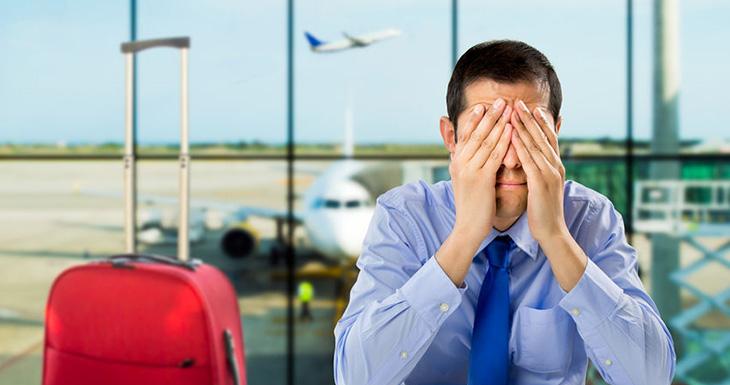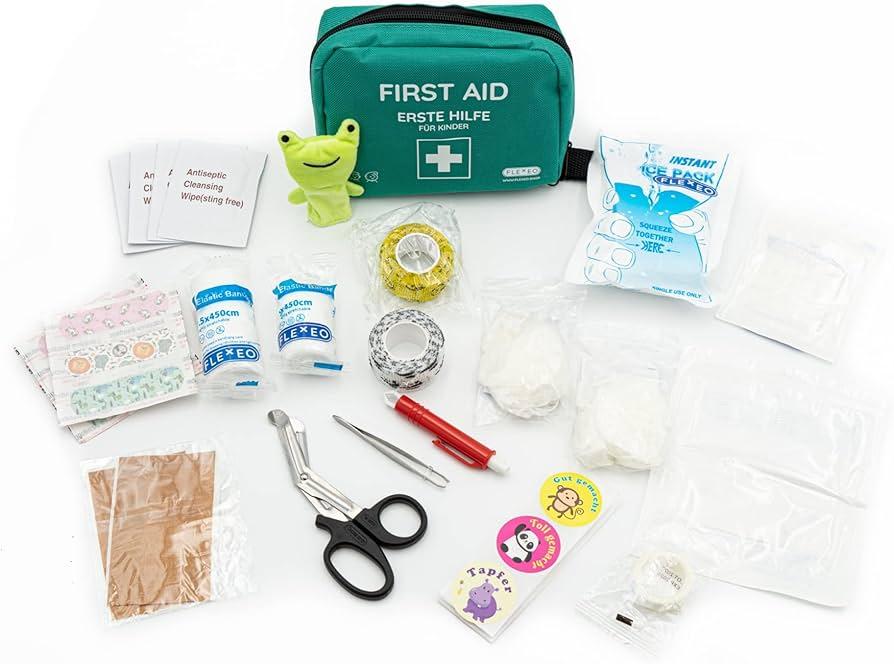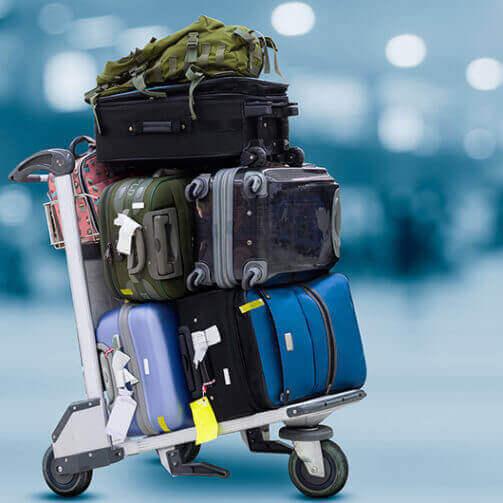Travel can be an exciting adventure, but it can also come with unexpected challenges. Whether it’s a missed flight, a medical issue, or lost luggage, emergencies can arise at any moment. Being prepared and knowing how to respond can make a significant difference in how smoothly your trip continues. This guide aims to provide you with practical tips and strategies for managing travel emergencies effectively. By understanding what to do in various situations and having a plan in place, you can minimize stress and make informed decisions when facing the unexpected on your journey.
Table of Contents
- Understanding Common Travel Emergencies
- Preparing a Travel Emergency Kit
- Steps to Take When an Emergency Occurs
- Communicating with Travel Services and Authorities
- To Wrap It Up
Understanding Common Travel Emergencies

When traveling, emergencies can arise at any moment, affecting your plans and peace of mind. Being prepared for common travel emergencies can save you time, money, and stress. Some typical issues include:
- Flight cancellations or delays: Stay updated with your airline’s app or website, and know your rights regarding compensation.
- Lost luggage: Always keep essential items in your carry-on bag and document your belongings through photos.
- Medical emergencies: Purchase travel insurance that covers health problems abroad and keep local emergency numbers handy.
- Accommodation issues: Always have a backup plan, whether it’s a nearby hotel or a trusted friend’s place.
Getting through emergencies efficiently often hinges on your response. Here’s a helpful breakdown of actions to consider:
| Emergency | Immediate Action | Follow-up Step |
|---|---|---|
| Missed flight | Contact the airline for rebooking | Understand new travel routes and times |
| Stolen wallet | Report to local authorities | Contact your bank to freeze your cards |
| Lost passport | Visit your embassy or consulate | File a report with local police |
Preparing a Travel Emergency Kit

When setting out on your travels, having a comprehensive emergency kit can make a critical difference during unexpected situations. Your kit should be tailored to meet the specific needs of your journey, whether you’re backpacking in the wilderness or enjoying a city escape. Essential items to include are:
- First aid supplies: band-aids, antiseptic wipes, gauze, and any personal medications.
- Emergency contact list: phone numbers of family, friends, and travel insurance.
- Multi-tool or Swiss Army knife: for quick fixes and utility needs.
- Flashlight: with extra batteries or a hand-crank version.
- Water purification tablets: crucial for ensuring safe drinking water.
To maximize the effectiveness of your kit, it’s also wise to include practical documents and resources in a waterproof pouch. Consider having a portable charger for your mobile devices, providing access to maps and communication even during a crisis. You might also want to include the following items:
| Item | Purpose |
|---|---|
| Emergency blanket | To retain body heat |
| Whistle | To signal for help |
| Map and compass | For navigation without GPS |
| Snacks | To maintain energy levels |
Steps to Take When an Emergency Occurs
In the midst of an emergency while traveling, your immediate response can significantly impact the outcome. First and foremost, stay calm and assess the situation. Whether it’s a lost passport, medical issue, or natural disaster, taking a moment to collect your thoughts will help you make informed decisions. Next, prioritize safety by removing yourself from any potential danger. If necessary, find a secure location and inform your travel companions of your status. Consider notifying local authorities or contacting your country’s embassy for crucial assistance.
Once you’ve ensured your safety, begin to organize your thoughts and gather any relevant information. Making a checklist can streamline this process: document the nature of the emergency, collect important documents (passport, ID, insurance), and note down emergency contact numbers. Additionally, creating a simple table for tracking what steps to take next can be helpful:
| Emergency Type | Action Required |
|---|---|
| Lost Passport | Contact local embassy |
| Medical Emergency | Seek immediate medical help |
| Natural Disaster | Follow local emergency services |
Communicating with Travel Services and Authorities
When faced with a travel emergency, clear and effective communication with travel services and authorities is crucial. Start by ensuring you have all relevant information readily accessible, such as your itinerary, confirmation numbers, and emergency contact details. In a stressful situation, having this information on hand can significantly reduce frustration and miscommunication. Consider the following tips for effective communication:
- Remain calm and polite, even if the situation is stressful.
- Clearly describe the issue you are facing without embellishment.
- Ask specific questions to get the information you need, such as alternate travel arrangements or compensation policies.
Additionally, keep in mind that authorities often have protocols in place for dealing with emergencies. Familiarize yourself with these protocols before your trip. When reaching out to official channels, make sure to:
- Use official contact numbers or email addresses found on government websites.
- Document all interactions, including names, titles, and times of communication.
- Be aware of the operating hours for helplines, especially for international numbers.
| Type of Communication | Best Practices |
|---|---|
| Travel Services | Keep records, be specific, ask for solutions. |
| Authorities | Use official channels, document interactions, be prepared. |
To Wrap It Up
being prepared for travel emergencies can make a significant difference in your overall experience. By staying informed, keeping essential documents and contacts handy, and knowing how to respond to various situations, you can navigate unexpected challenges with confidence. Remember, the key to managing travel emergencies effectively lies in planning ahead and maintaining a calm mindset. With these strategies in mind, you can enjoy your travels while minimizing potential disruptions. Safe travels!



